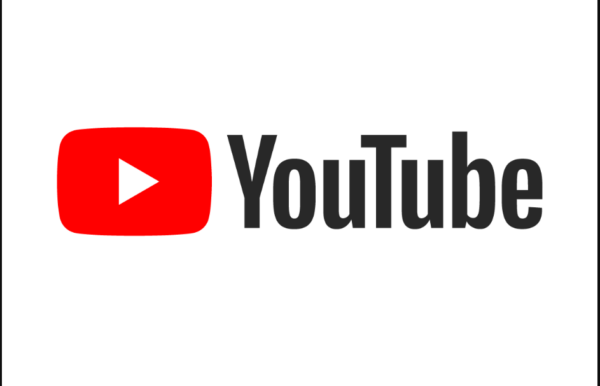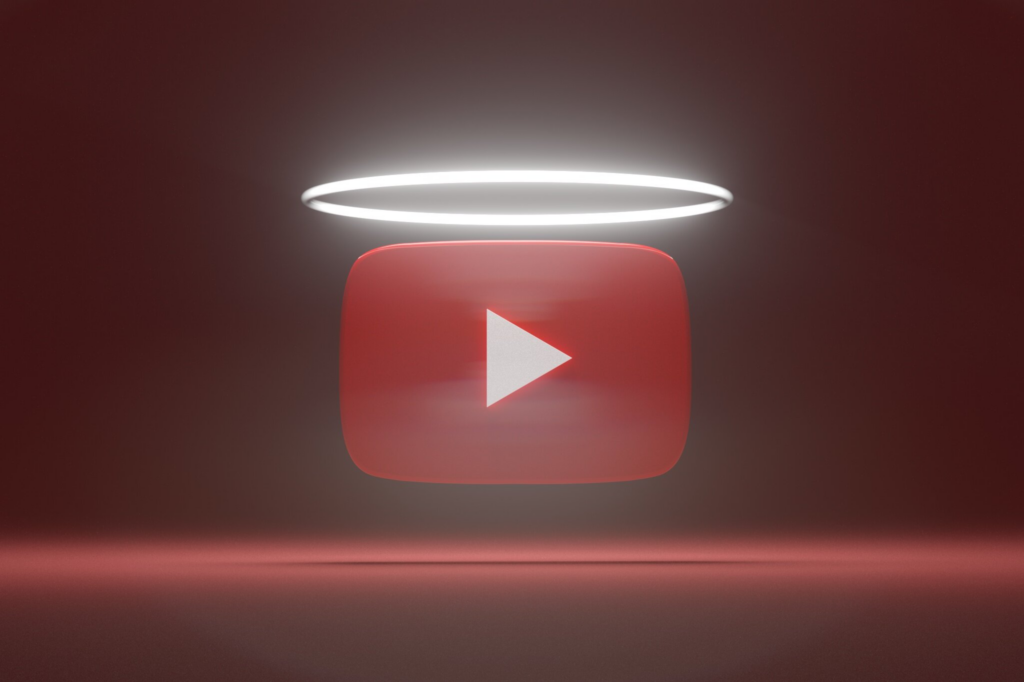
Tuesday, YouTube announced a series of modifications to how it handles content related to eating disorders.
YouTube’s Community Guidelines will now prohibit content that features behaviors such as cleansing after eating or extreme calorie counting that could inspire at-risk users to replicate them. YouTube will allow videos featuring such “imitable behaviors” in the context of rehabilitation to remain on the site but will restrict access to users over the age of 18 who are logged into the site.
The policy changes, developed in consultation with the National Eating Disorder Association and other nonprofit organizations, aim to ensure “that YouTube creates space for community recovery and resources, while continuing to protect our viewers,” YouTube’s Global Head of Healthcare Garth Graham told CNN in an interview.

YouTube puts out new rules for material about eating disorders
Graham said, “We’re considering how to thread the needle in terms of essential conversations and information that people might have, allowing people to hear stories about recovery and educational information, but also recognizing that the display of that information… can serve as a trigger.”
The increased scrutiny has been placed on the effects of social media platforms on the mental health of users, particularly young people. In 2021, legislators criticized Instagram and YouTube for promoting to young users accounts that portray severe weight loss and dieting.
And TikTok has been criticized by an online safety group for allegedly serving to eat disorder-related content to teenagers (although the platform disputes the findings). In recent years, YouTube has made a number of changes to how it handles misinformation on medical topics such as abortion and vaccinations.
YouTube will add crisis resource panels to eating disorder-related material in nine countries.
YouTube plans to add panels directing viewers to crisis resources under eating disorder-related content in nine countries, with plans to expand to additional regions. Graham added that when a creator’s video is removed for violating YouTube’s eating disorder policy, YouTube will send them information on how to create content that is less likely to damage other viewers.

As with many social media policies, the difficulty is often not in introducing it, but in enforcing it, a challenge YouTube could face in determining which videos are, for instance, pro-recovery. YouTube stated that enforcement of the policy will be rolled out globally in the coming weeks, and that both human and automated moderation will be used to evaluate videos and their context.
Graham stated, “These are complicated, societal public health [issues], and I will never claim perfection, but we must be proactive, we must be deliberate… It took a while to get here because we wanted to articulate a process with multiple layers and an appreciation for the difficulties.”
